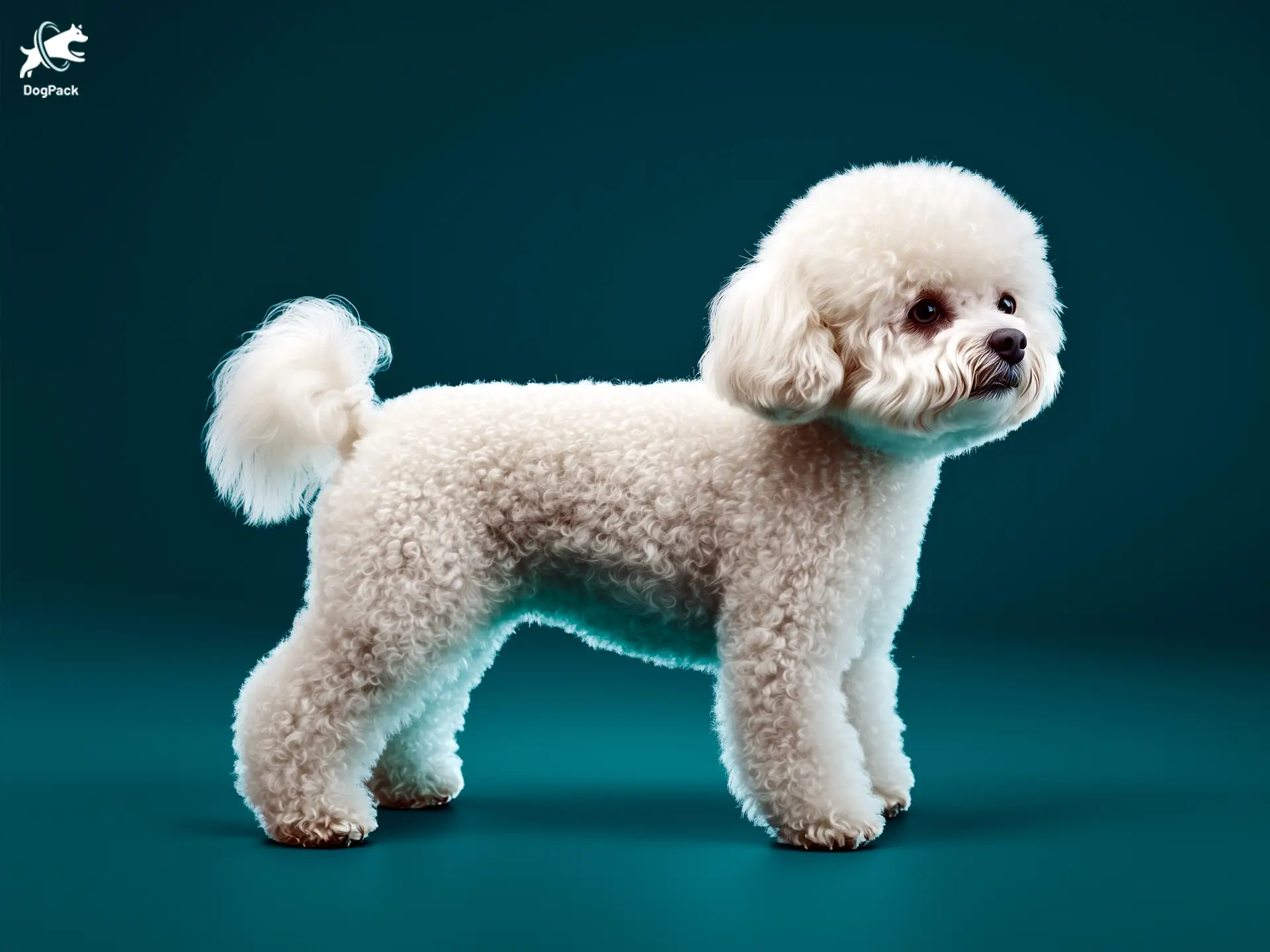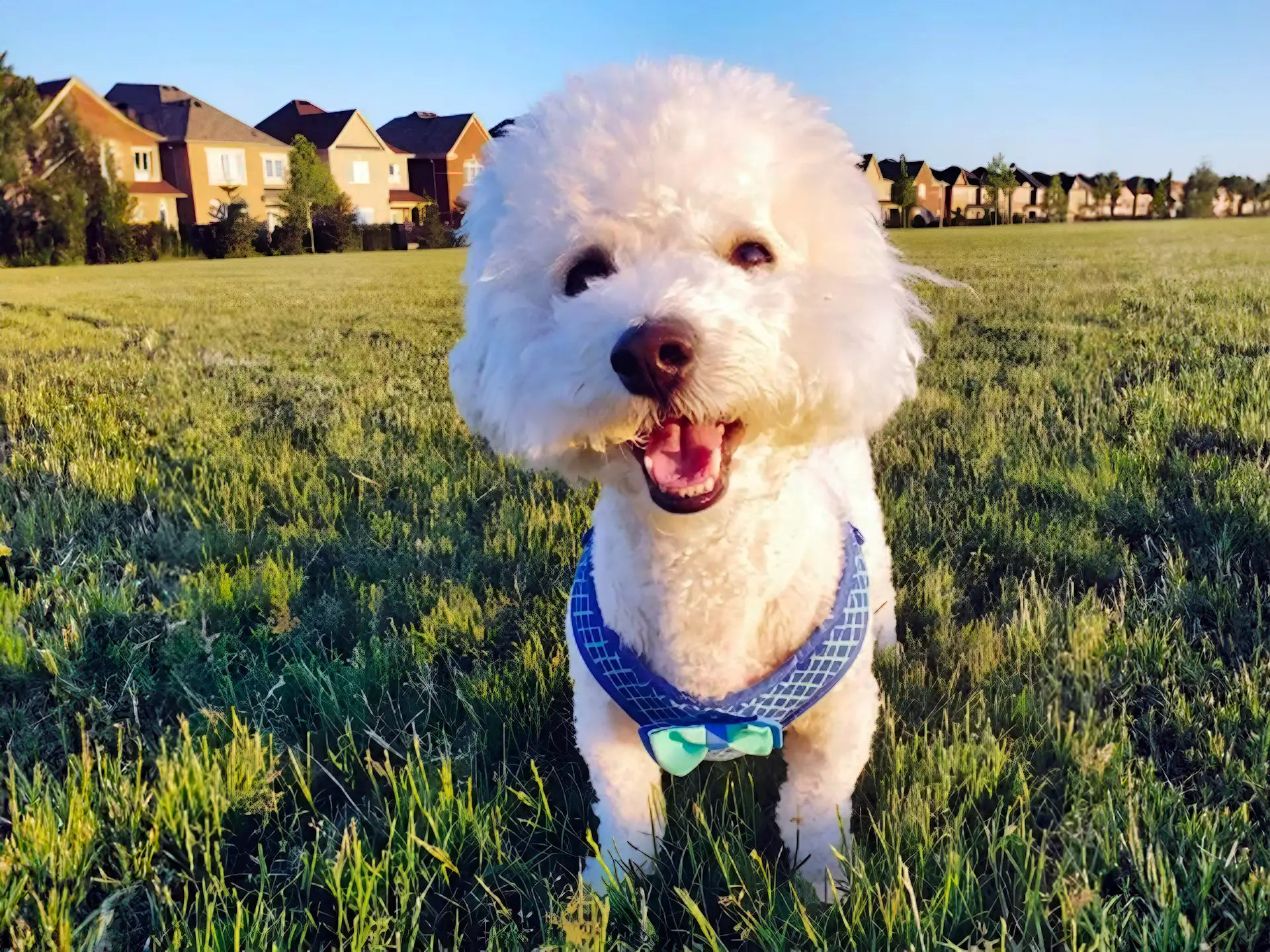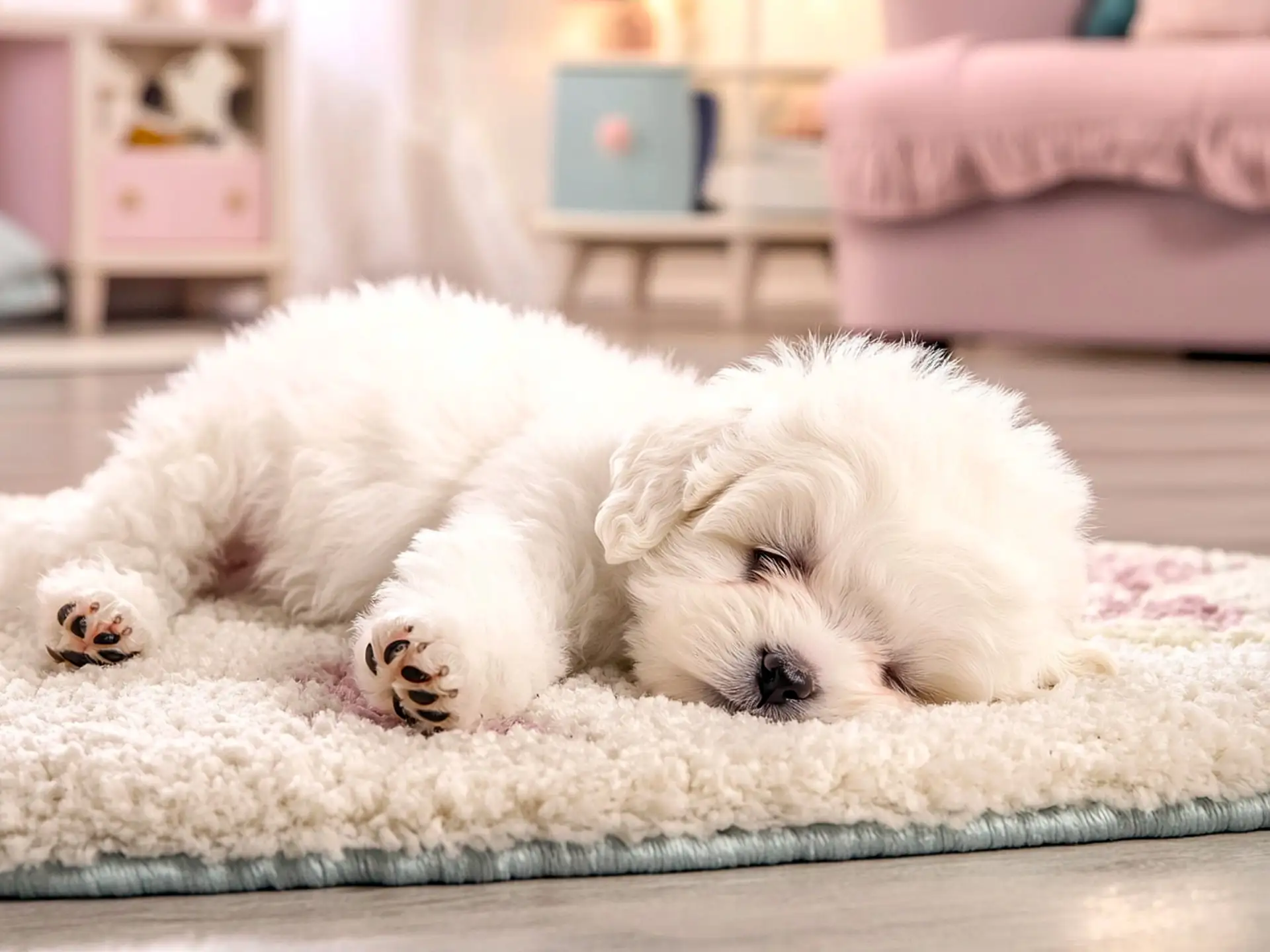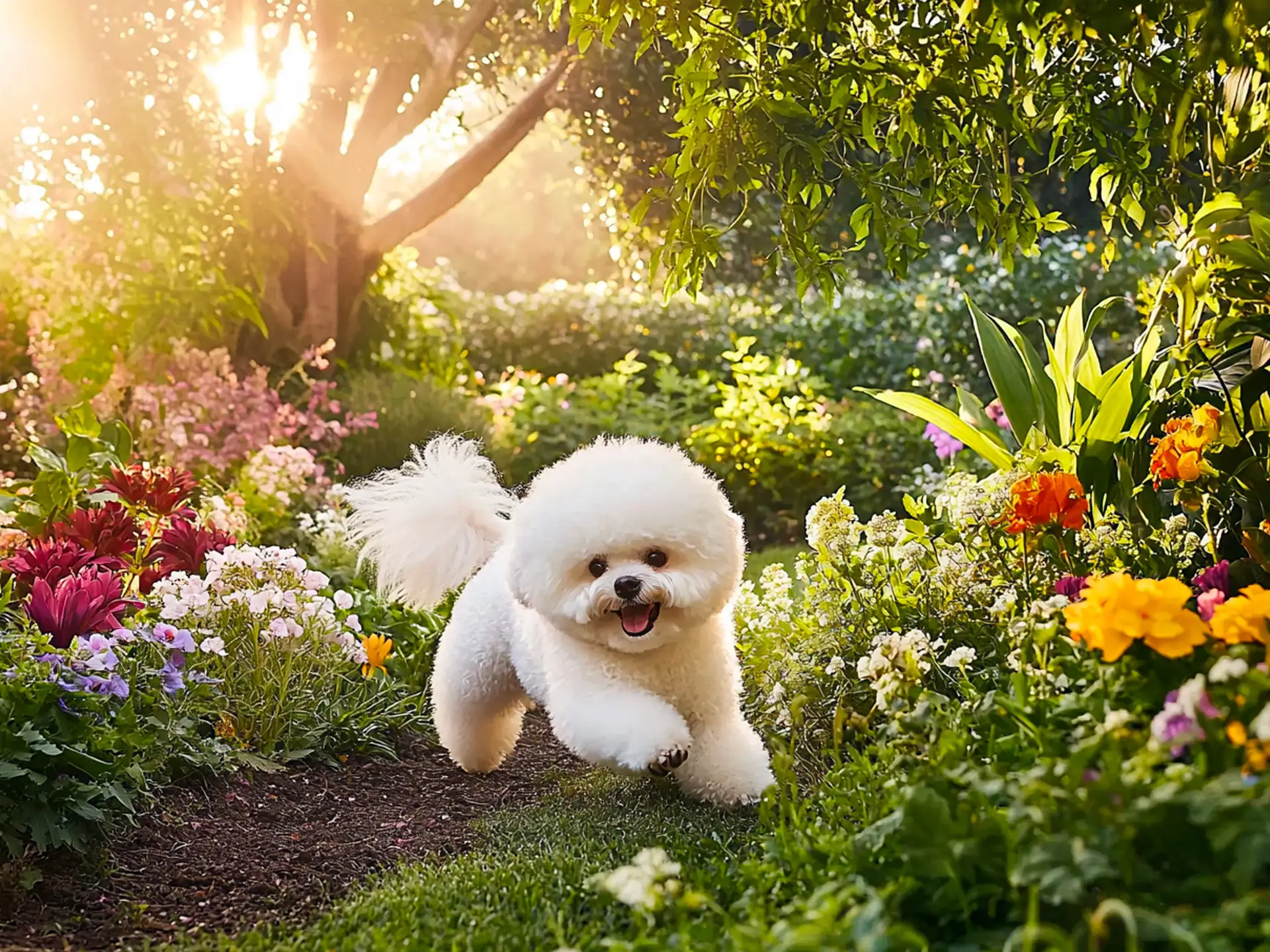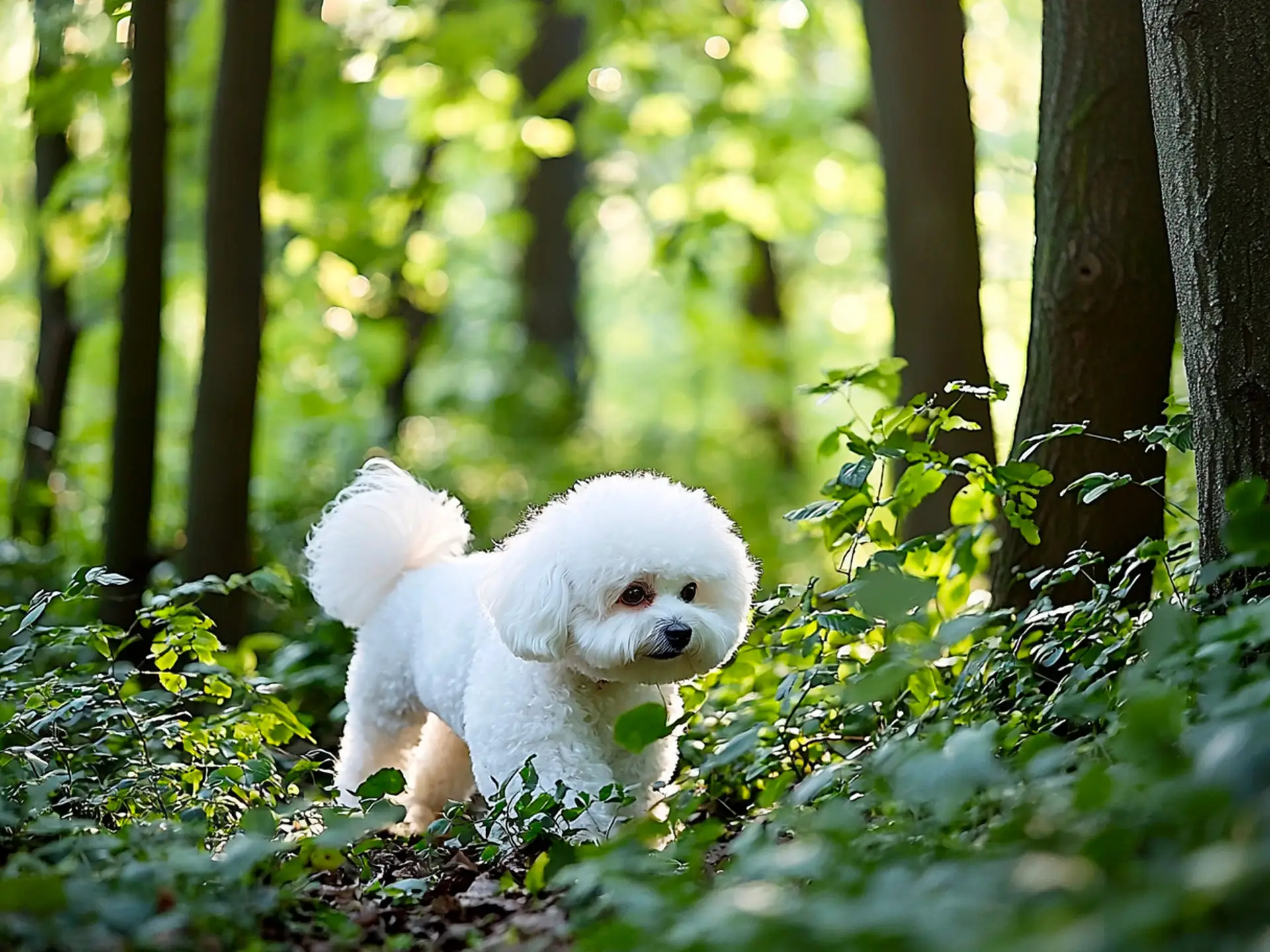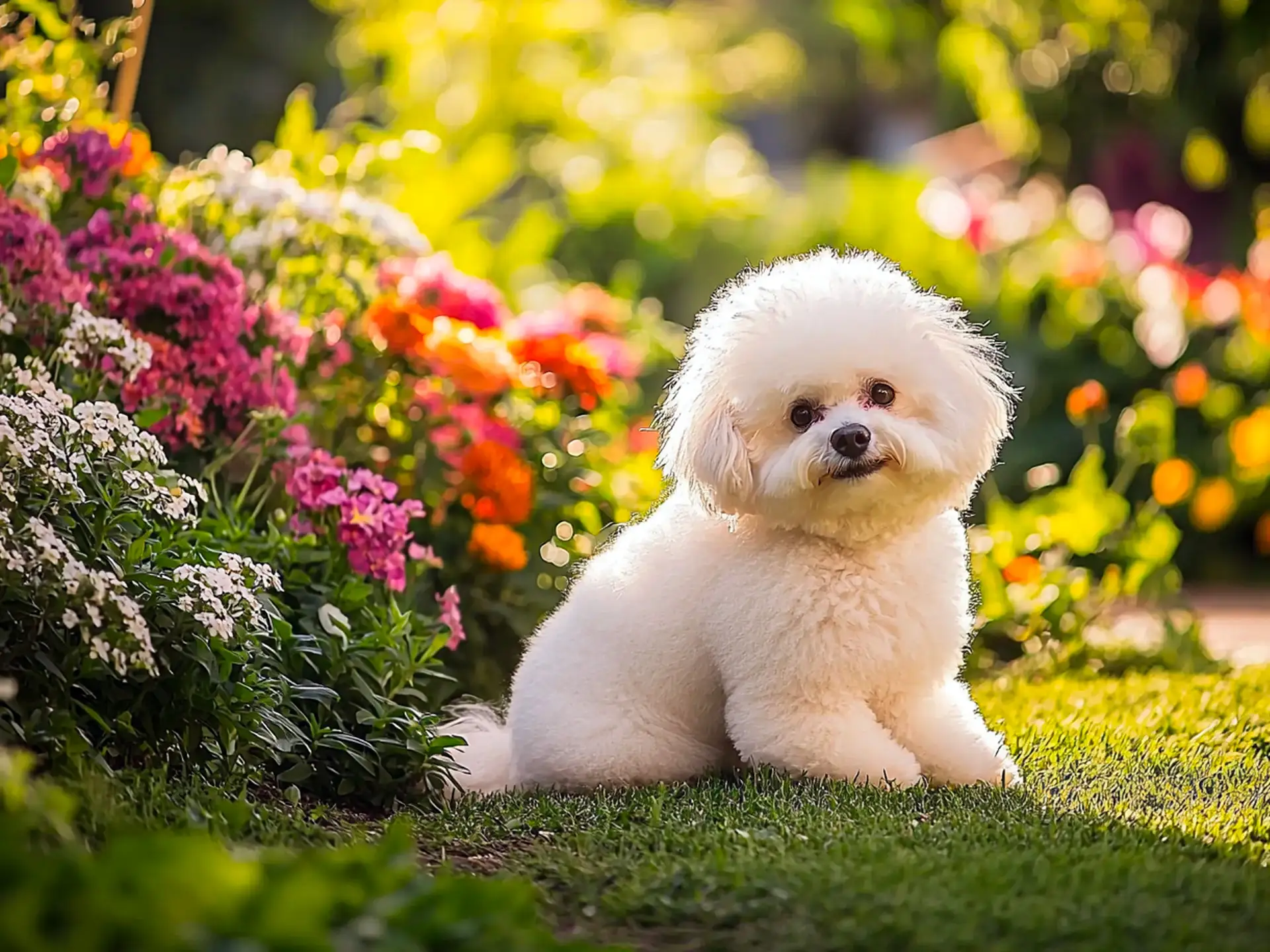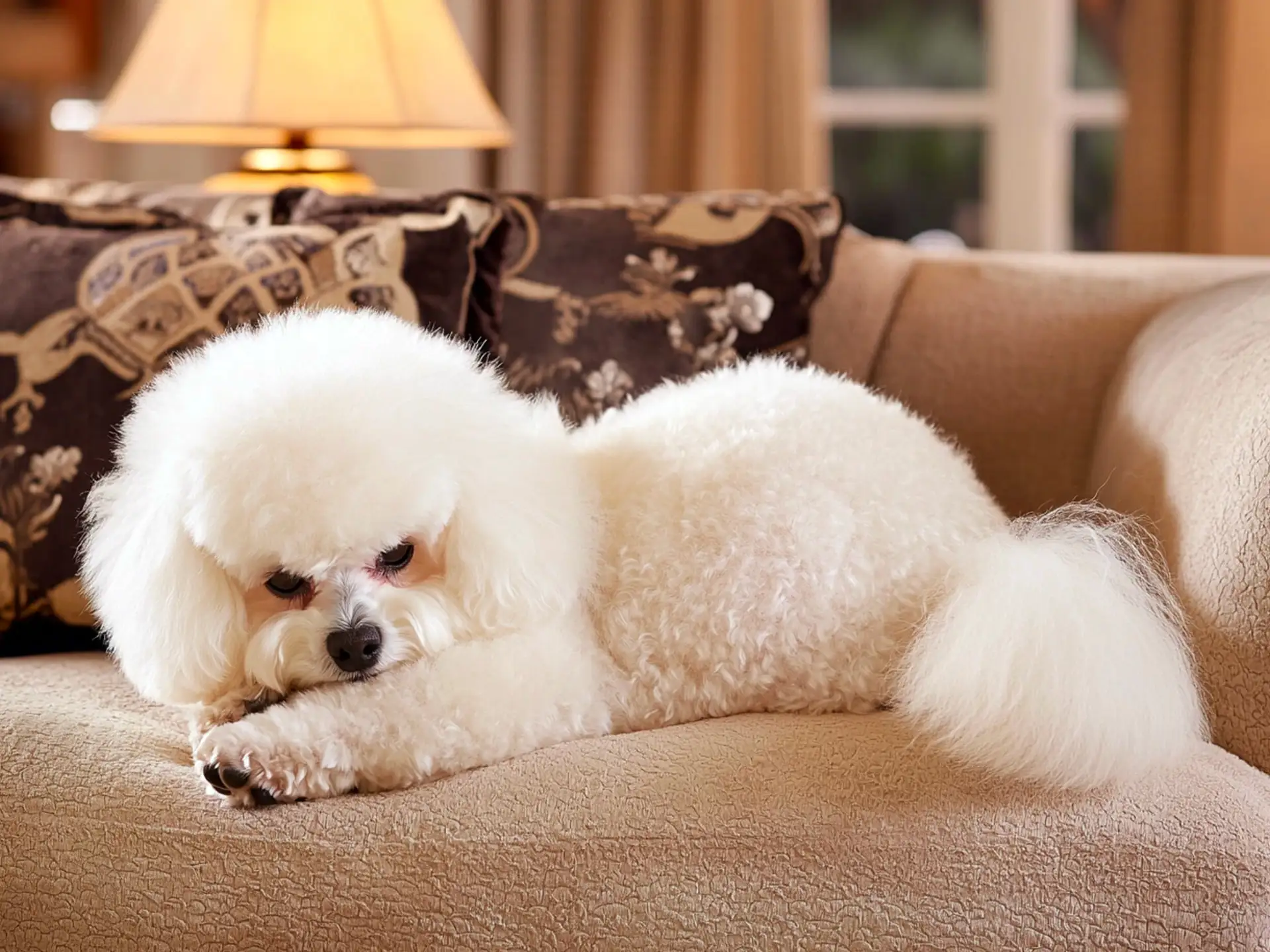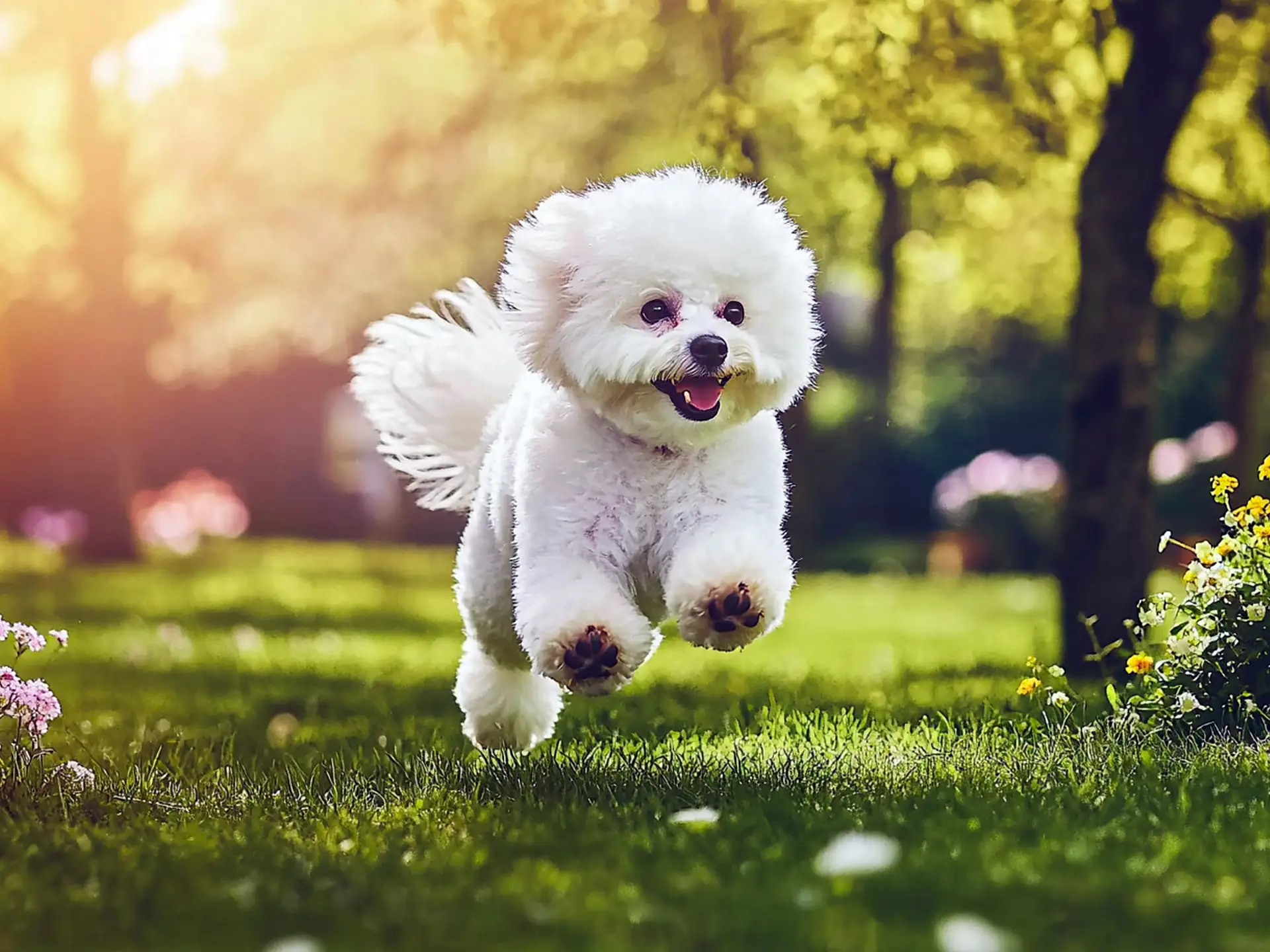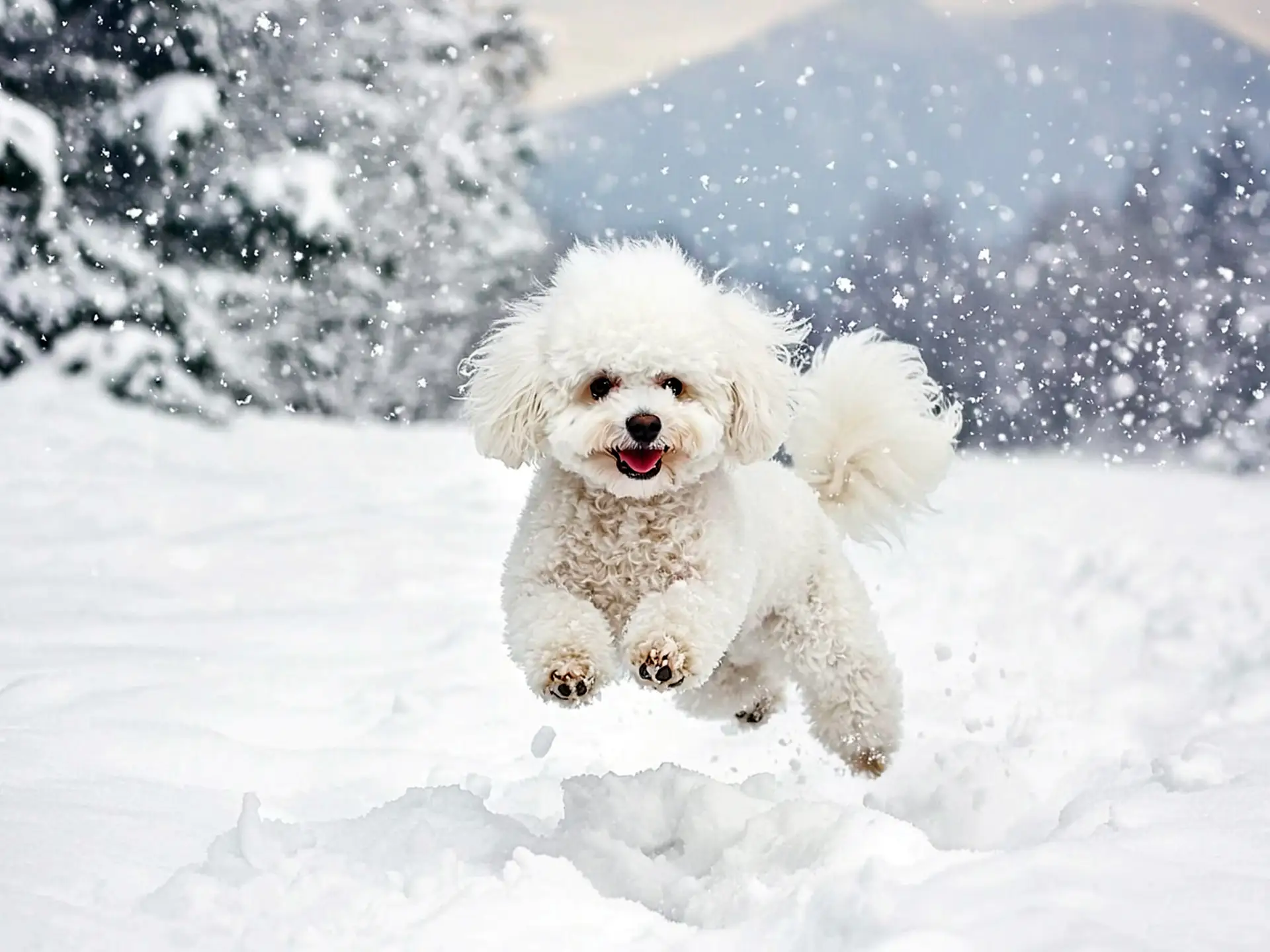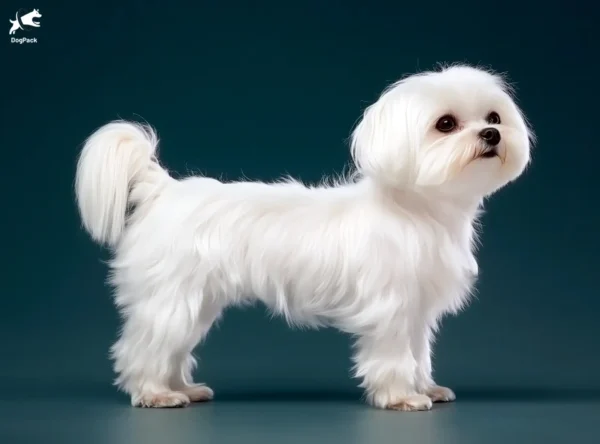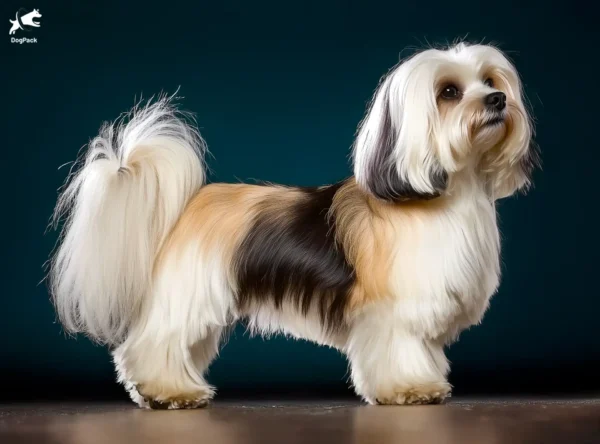Bichon Frise Dog Breed Info & Overview
A Bichon Frise is like a little cloud of happiness, bringing joy wherever they go. With their fluffy white coats and cheerful personalities, these dogs have an irresistible charm. Adaptable to both city and country living, they thrive in any environment. Known for their hypoallergenic fur and playful nature, the Bichon Frise makes an ideal companion for families, seniors, and anyone looking for a loyal friend.
Characteristics
Pictures
Breed History
Did you know that the Bichon Frise has roots dating back to the Mediterranean region? These fluffy companions were favorites among sailors who used them as barter items. Over time, they became beloved pets of nobility in France and Spain, gracing royal courts with their charm and playful antics.
During the Renaissance, the Bichon Frise was a symbol of wealth and prestige. However, their fortunes changed during the French Revolution when they were abandoned by aristocrats. Resourceful as ever, these dogs adapted by performing tricks on the streets, showcasing their intelligence and resilience.
The breed nearly faced extinction during the World Wars, but dedicated breeders in France and Belgium revived their numbers. Recognized by the French Kennel Club in 1933, the Bichon Frise eventually made its way to the United States, gaining AKC recognition in 1972. Today, they’re cherished worldwide for their delightful personalities.
Temperament, Personality
The Bichon Frise is known for its cheerful and affectionate nature. These dogs thrive on human companionship and are happiest when they’re part of family activities. Their friendly disposition makes them great playmates for children and a joy to have around the house.
With other pets, Bichon Frises are generally sociable and get along well. Early socialization helps them adapt even better to multi-pet households. They’re also welcoming to strangers, often greeting new faces with a wagging tail and a desire to make new friends.
These dogs are intelligent and eager to please, which contributes to their charming personality. They can sometimes be a bit mischievous, but their antics are usually endearing rather than troublesome. Overall, they’re excellent companions for people of all ages.
Physical Characteristics
Sporting a plush, curly white coat, the Bichon Frise looks like a tiny cotton ball on four legs. Their dark eyes and black noses stand out against their snowy fur, giving them an expressive and alert appearance. The breed’s compact size makes them ideal for apartment living.
Their double coat is soft and velvety to the touch. While they don’t shed much, their fur does require regular grooming to prevent matting. The Bichon Frise has a balanced build, neither too delicate nor too sturdy, allowing them to move with a graceful, merry gait.
One distinctive feature is their plumed tail, carried jauntily over their back. This, combined with their overall fluffy appearance, adds to their charm. Their ears are dropped and covered with long hair, framing their face beautifully.
Health Issues
While generally a healthy breed, the Bichon Frise can be prone to certain health conditions. Allergies are relatively common, affecting their skin and sometimes leading to itching or irritation. Regular veterinary check-ups can help manage and prevent discomfort.
Another concern is dental health; Bichon Frises may develop dental issues if their teeth aren’t cared for properly. Regular brushing and dental chews can help maintain good oral hygiene. They’re also susceptible to bladder stones, so monitoring their urinary health is important.
Patellar luxation, a condition where the kneecap dislocates, can occur in this breed. Keeping your Bichon Frise at a healthy weight and providing appropriate exercise can minimize the risk. Always consult with a veterinarian for personalized health advice.
Grooming Needs
Grooming a Bichon Frise is a labor of love. Their beautiful coat requires regular brushing, ideally daily, to prevent tangles and mats. Professional grooming every four to six weeks keeps them looking their best and maintains the characteristic Bichon “puff.”
Bathing should be done monthly or as needed to keep their white coat clean and bright. Use gentle, dog-specific shampoos to avoid skin irritation. Don’t forget to clean their ears regularly to prevent infections, as their floppy ears can trap moisture.
Trimming their nails is also essential, usually once a month. Dental hygiene shouldn’t be overlooked; brushing their teeth several times a week helps prevent dental diseases. While the grooming needs are high, many owners find the process rewarding and a great way to bond with their pet.
Exercise Requirements
Though small, the Bichon Frise has a moderate energy level and enjoys daily exercise. Short walks around the neighborhood or playtime in the yard can keep them physically stimulated. They’re also fond of interactive games like fetch or agility exercises.
Mental stimulation is just as important. Puzzle toys and obedience training sessions can keep their intelligent minds engaged. Without adequate exercise and mental challenges, they might develop unwanted behaviors like excessive barking or chewing.
Indoor play can also suffice on days when outdoor activities aren’t feasible. The Bichon Frise adapts well to various living situations, but regular interaction and exercise are key to keeping them happy and well-behaved.
Training Tips
Training a Bichon Frise is generally a pleasant experience due to their eagerness to please. Positive reinforcement methods work best, using treats and praise to encourage good behavior. Keep training sessions short and fun to maintain their interest.
Housebreaking can sometimes be a challenge with this breed. Consistency and patience are crucial. Establishing a routine and rewarding successes will yield the best results. Crate training can also be a helpful tool in the housebreaking process.
Socialization from a young age ensures they grow into well-rounded adults. Expose them to different environments, people, and other animals. This reduces the likelihood of developing fear or anxiety-related behaviors later on.
Nutrition, Diet
Feeding a Bichon Frise requires attention to quality and portion control. A diet rich in high-quality proteins and balanced nutrients supports their overall health. Typically, they need about ½ to 1 cup of dry dog food per day, divided into two meals.
Because they’re prone to allergies and bladder stones, selecting a diet that addresses these issues is important. Foods with limited ingredients or those formulated for sensitive skin can be beneficial. Always ensure they have access to fresh water to support urinary health.
Avoid overfeeding, as obesity can lead to additional health problems like joint issues. Consult your veterinarian to tailor a diet plan specific to your Bichon Frise’s age, weight, and activity level.
Adoption, Breeders
If you’re considering adding a Bichon Frise to your family, look for reputable breeders who prioritize health and temperament. The Bichon Frise Club of America is an excellent resource for finding responsible breeders and breed information.
Adoption is another wonderful option. Organizations like Bichon Frise Rescue specialize in rehoming these delightful dogs. They can match you with a Bichon Frise that fits your lifestyle, and you’ll be giving a dog a second chance at a loving home.
Always avoid purchasing from puppy mills or pet stores that cannot provide detailed health and pedigree information. A responsible approach ensures the well-being of your future pet and the integrity of the breed.
Family Pet?
The Bichon Frise makes an exceptional family pet. Their affectionate and playful nature endears them to children and adults alike. They’re gentle with kids and enjoy participating in family activities, making them true companions.
Their sociable demeanor means they usually get along well with other pets, including cats. Supervised interactions and proper introductions can facilitate harmonious relationships in multi-pet households.
Because they thrive on human interaction, they’re not suited to being left alone for long periods. Families who can provide ample attention and include them in daily life will find the Bichon Frise a delightful addition.
Right For You?
If you’re seeking a small, affectionate dog that fits well into various living situations, the Bichon Frise might be the perfect match. They’re ideal for apartment dwellers, families with children, and even first-time dog owners due to their adaptable nature.
Consider your ability to meet their grooming needs and desire for companionship. They require time and attention to stay happy and healthy. If you travel frequently or have a very busy schedule, this breed may not be the best fit.
Ultimately, if you’re ready to welcome a cheerful, loving friend into your life, the Bichon Frise can offer years of joy and companionship. Their endearing personality and adaptable nature make them a favorite among many dog lovers.
Conclusion
The Bichon Frise is more than just a pretty face; they’re a bundle of joy wrapped in fluffy white fur. With their friendly temperament and adaptability, they make fantastic companions for a wide range of owners. If you’re prepared to meet their grooming needs and provide plenty of love, this breed could be your next best friend.
FAQs
-
Can a Bichon Frise live in an apartment?
Yes, the Bichon Frise adapts well to apartment living due to its small size and moderate exercise needs. Regular walks and indoor play are usually enough to keep them happy and healthy in smaller spaces.
-
Are Bichon Frise dogs prone to dental issues?
Yes, Bichon Frises can be prone to dental problems like plaque buildup. Regular teeth brushing and dental check-ups help prevent these issues and maintain good oral health.
-
Do Bichon Frise dogs shed a lot?
No, the Bichon Frise has a low-shedding coat, which makes them a good option for people with allergies. Regular grooming helps control matting and keeps their coat healthy.
-
How do Bichon Frises handle cold weather?
Bichon Frises can tolerate mild cold weather, but they may need extra protection like a sweater during colder months. Due to their small size and fine coat, they should not be left outside for extended periods in winter.
-
Are Bichon Frises good with children?
Yes, Bichon Frises are known for their playful and gentle nature, making them great companions for families with children. Proper socialization ensures they are comfortable around kids and other pets.
Breed Ratings
The Bichon Frise is smart and quick to learn, especially with positive reinforcement.
Highly playful, they love games and enjoy entertaining their families.
Moderate energy makes them adaptable to various lifestyles with regular activity.
Low shedding due to their curly coat, ideal for those concerned about fur around the home.
Minimal prey drive, so they’re less likely to chase small animals.
High grooming needs require regular brushing and professional care.
Responsive to training, especially when started early and kept fun.
Prefers company and may develop separation anxiety if left alone too long.
Can be moderately vocal, alerting owners to visitors or unusual noises.
Very low drooling, keeping them tidy and pleasant to be around.
Generally gets along well with other dogs, especially when socialized early.
Mostly healthy with a few breed-specific concerns that are manageable.

